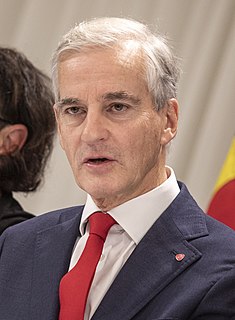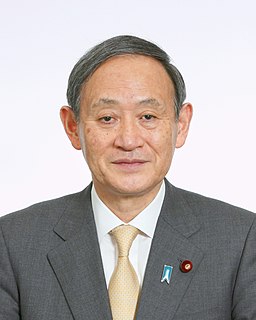A Quote by Dambisa Moyo
'Dead Aid' is about the inefficacy and the limitations of large-scale aid programs in creating economic growth and reducing poverty in Africa.
Related Quotes
The notion that aid can alleviate systemic poverty, and has done so, is a myth. Millions in Africa are poorer today because of aid; misery and poverty have not ended but increased. Aid has been, and continues to be, an unmitigated political, economic, and humanitarian disaster for most parts of the developing world.
Moyo, a Zambia-born economist, asserts that aid is not only ineffective-it's harmful. Her argument packs a strong punch because she was born and raised in Africa. Moyo believes aid money promotes the corruption of governments and the dependence of citizens, and advocates that an investment approach will do more to help reduce poverty than aid ever could.
Easterly, a celebrated economist, presents one side in what has become an ongoing debate with fellow star-economist Jeffrey Sachs about the role of international aid in global poverty. Easterly argues that existing aid strategies have not and will not reduce poverty, because they don't seriously take into account feedback from those who need the aid and because they perpetuate western colonial tendencies.
Uganda's budget is 40 percent aid-dependent. Ghana's budget is 50 percent aid-dependent. Even if you cancel the debt, you don't eliminate that aid dependency. This is what I mean by getting to the fundamental root causes of the problem. Government, the state sectors in many African countries need to be slashed so that, you know, you put a greater deal of reliance on the private sector. The private sector is the engine of growth. Africa's economy needs to grow but they're not growing.
Almsgiving tends to perpetuate poverty; aid does away with it once and for all. Almsgiving leaves a man just where he was before. Aid restores him to society as an individual worthy of all respect and not as a man with a grievance. Almsgiving is the generosity of the rich; social aid levels up social inequalities. Charity separates the rich from the poor; aid raises the needy and sets him on the same level with the rich.
If you think about the last 50 years, Africa's proximity and historical context has absolutely been with Europe and the United States, but their approach in dealing with the economic challenges that Africa faces in particular has been one of handing out aid, not developing economies, not building a long term relationship around agriculture and so on.































